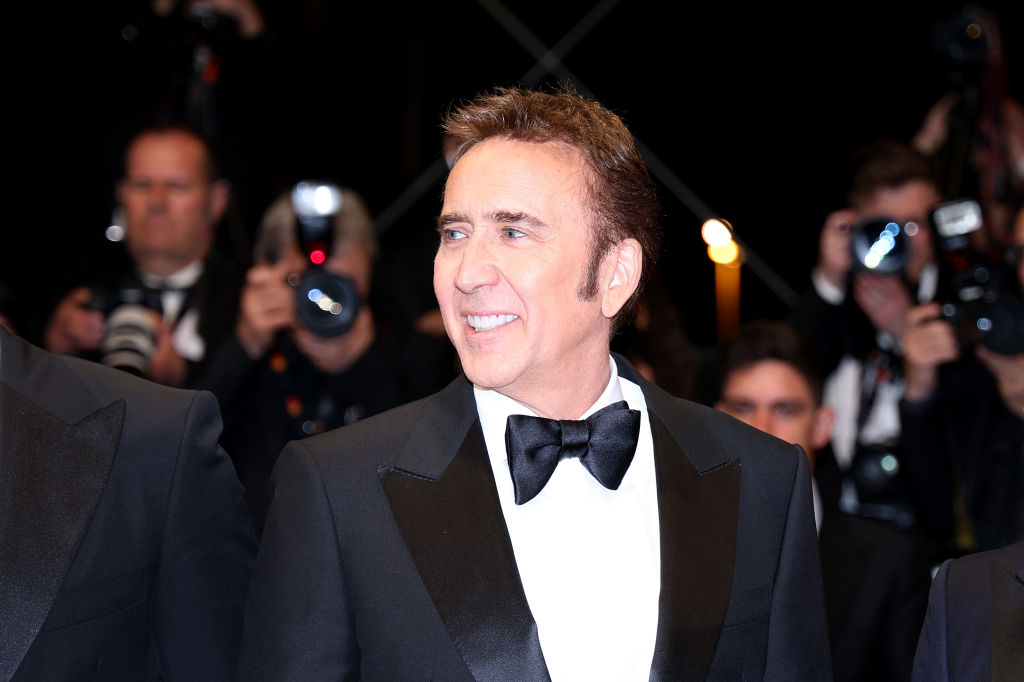- Monday, April 28, 2025
Hollywood star Nicolas Cage reignited criticism of AI, specifically digital replicas, which were granted a conditional approval in the recent contract

By: India Weekly
A YEAR after the end of a major Hollywood strike that secured actors and writers some safeguards against artificial intelligence, divisions persist over the technology’s place in the industry.
Hollywood star Nicolas Cage reignited criticism of AI, specifically digital replicas, which were granted a conditional approval in the recent contract.
“The studios want this so that they can change your face after you’ve already shot it,” Cage said, adding that AI can alter an actor’s voice, gestures, and performance.
Meanwhile, on the other side of the Atlantic, tech advocates at a Cannes industry event shared a more optimistic view of AI’s potential.
At the Newport Beach Film Festival, Cage compared actors to musicians, arguing that “this technology wants to take your instrument,” likening AI’s impact on acting to stripping away unique expressions.
Thousands of miles away in Cannes, Newen Studios’ Marianne Carpentier spoke about her “wow” moment when AI was used to generate the face of a sick actor, noting the efficiency and cost-effectiveness of the technology.
Last week, Meta’s partnership with Blumhouse, a prominent horror film producer, underscored how tech companies are moving forward with AI, despite unresolved tensions in the industry.
Meta’s Movie Gen tool, still in testing, can create brief videos from prompts, though only up to 16 seconds long. OpenAI’s new video tool, Sora, is expected to launch soon, while others in the sector experiment with generating mood boards and aerial shots with AI.
However, industry experts clarify that AI isn’t yet capable of creating complex movies with coherent narratives.
While some Hollywood figures view AI’s potential with optimism, others highlight concerns about job security and creative integrity.
Julianne Moore recently joined actors like Scarlett Johansson in criticizing AI’s unlicenced use of personal likenesses, calling it a risk to livelihoods.
Jonathan Verk of Social Department acknowledged AI’s ability to take jobs but added it could generate more demand for content. His comment on AI’s role in filling the content void was met with mixed reactions, some seeing it as a joke, others with silence.